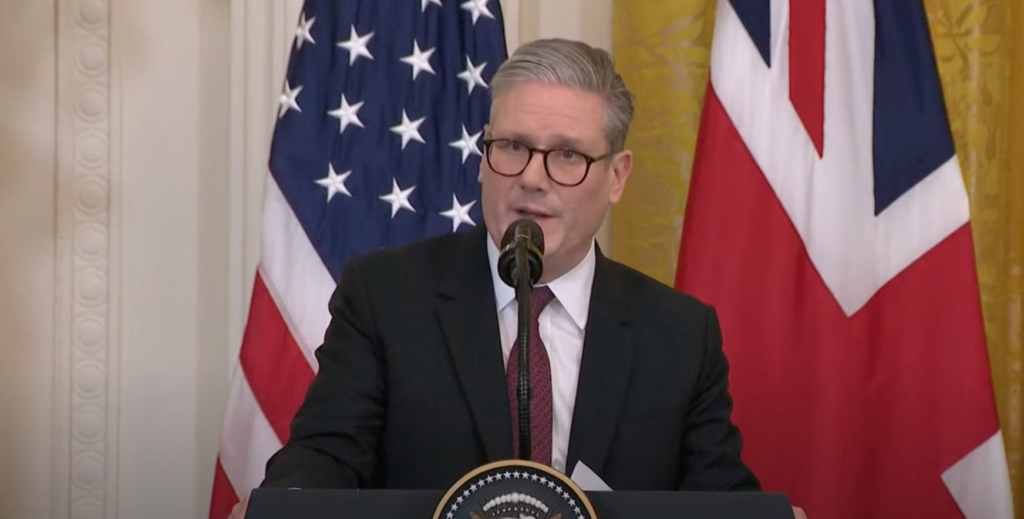Audit watchdog plans to ditch ‘environment’ focus in growth push
The audit watchdog is planning to remove references to the “environment” and “society” from a code setting standards for City investors in a bid to simplify reporting processes and get behind the government’s push for growth, City AM can reveal. In a consultation document today, the Financial Reporting Council (FRC) will reveal plans to make a number [...]


The audit watchdog is planning to remove references to the “environment” and “society” from a code setting standards for City investors in a bid to simplify reporting processes and get behind the government’s push for growth, City AM can reveal.
In a consultation document today, the Financial Reporting Council (FRC) will reveal plans to make a number of “significant updates” to its stewardship code in a bid to support “economic growth and investment” and enhance transparency in investment decisions.
The code, which has some 273 signatories representing approximately £45 trillion in assets, sets standards and behaviours for investors.
While it is designed to prevent unethical decision making by fund managers, it has been blamed by some for adding to a mounting regulatory burden in the UK and causing friction between listed firms and their backers.
The FRC has now announced a number of planned changes to the code, including redefining stewardship and removing a previous clause that referred to the creation of “sustainable benefits for the economy, the environment and society”.
The proposed new definition will read: “Stewardship is the responsible allocation, management and oversight of capital to create long-term sustainable value for clients and beneficiaries.”
Among the other changes are plans to “streamline reporting requirements and reduce burdens” and ensure a “clearer focus” on the outcomes of stewardship.
The removal of the terms mark an attempt to lighten the regulatory load on listed companies and their investors, amid fears that excessive rules are stifling the competitiveness of the City.
FRC chief Richard Moriarty denied that the changes suggest that investors should abandon their duty to the environment.
“It’s a conscious change. But I will challenge the observation that it’s a dilution, far from it. I think this is an enhancement,” Moriarty told City AM in an interview.
The revised definition will allow investors to “define their view of sustainable value creation, report on it and to be held accountable for it”, he added.
“The risk of a definition that says, ‘you need to do this, and you need to do that, and you need to do that’ is actually we infantilise people, rather than [get them] to think for themselves,” he said.
Under the FRC’s plans, which are subject to a consultation until February, new principles will also be drawn up for different types of signatories, including for the first time a dedicated principle for proxy advisors.
Proxies have been at the heart of a row in the City for urging investors to vote down bumper pay packets of executives, which some argue hampers the ability of British firms to attract top talent. However, Moriarty told City AM that soothing the relationship between the two was not the regulator’s aim.
“I am not the marriage guidance counsellor for corporates and proxy advisors. They are grown up consenting adults,” he added.
“However, it is clear that there is an element of discomfort out there about how the current regime works, and some of it is really simple stuff, like corporates feeling that when proxies have said something or written something, they don’t pick up the phone to engage.”
It comes as the latest attempt by Moriarty to shift the FRC onto a growth footing after he dramatically pruned plans to strengthen the governance code for boardroom practices last year.
While his predecessor had planned to introduce areas like new environment reporting requirements for firms, Moriarty scrapped many of the planned measures after taking over last October.
The changes had been a point of friction with the previous government and ministers shelved legislation that would have tightened reporting practices in the City.



